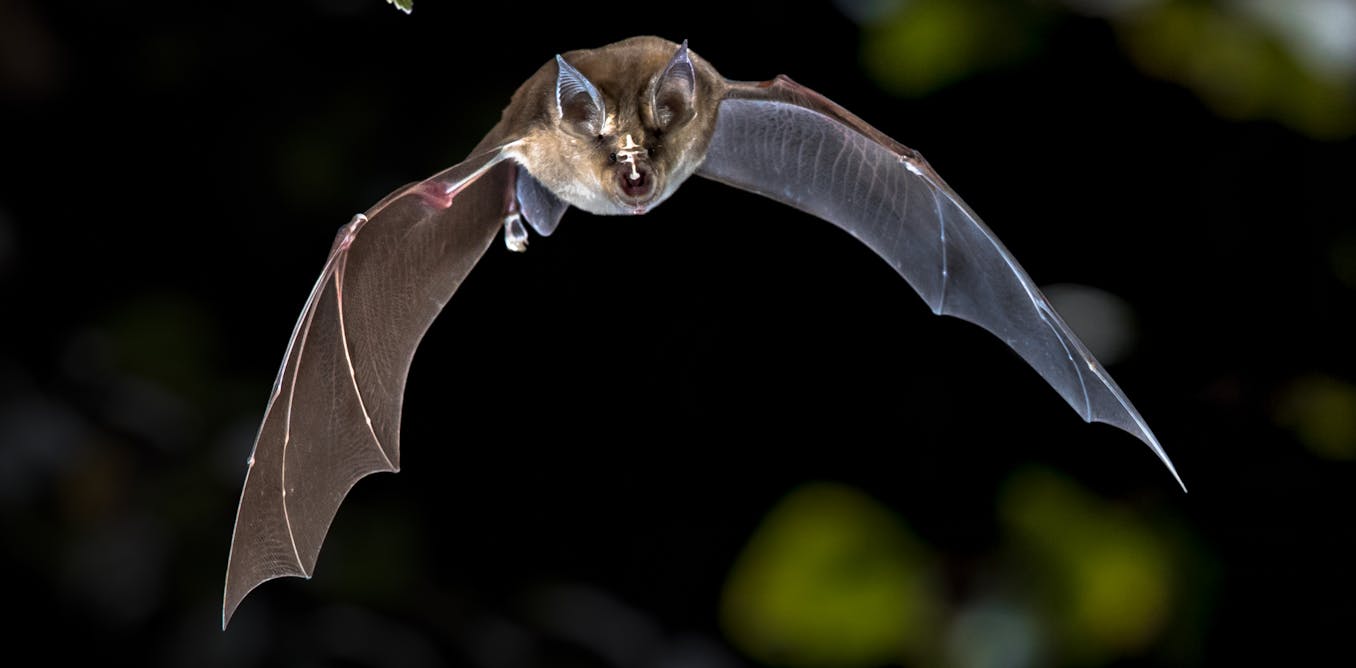How a Victorian trip to Palestine spurred modern ornithology – and left it with imperial baggage
H.B. Tristram was a Victorian clergyman and ornithologist who categorised a list of birds he’d found in Palestine.
Dec. 18, 2023 • ~7 min
How a colonial trip to Palestine spurred modern ornithology – and left it with imperial baggage
H.B. Tristram was a Victorian clergyman and ornithologist who categorised a list of birds he’d found in Palestine.
Dec. 18, 2023 • ~7 min
Male dogs are more likely to develop contagious nose cancer from sniffing other dogs' genitals
It is the oldest and most prolific cancer known in nature.
July 4, 2022 • ~4 min
Octopus farms raise huge animal welfare concerns - and they're unsustainable too
A proposed new large-scale octopus farm in Spain is a huge risk to the welfare of this sentient and intelligent animal.
March 24, 2022 • ~8 min
How we discovered that sea turtles in Seychelles have recovered from the brink
Sea turtles of Aldabra were almost hunted to extinction. But thanks to years of protection the much-loved animals are now thriving again - and so is the iconic giant tortoise.
March 17, 2022 • ~7 min
Sea lion whiskers can move like human fingertips: here's how we found out
Lo, a California sea lion, was able to control what she perceives using her whiskers — a highly cognitive skill.
Nov. 25, 2021 • ~6 min
How we discovered three new species of penguin in the Southern Ocean
The discovery that gentoo penguins are actually four distinct species has important implications for their conservation.
Nov. 5, 2020 • ~6 min
Animals are picky eaters too – we're trying to discover if parents teach them what's safe to eat
New research shows how tamarin monkeys transfer new types of food to their young.
Aug. 24, 2020 • ~6 min
Why do snakes produce venom? Not for self-defence, study shows
Relax, snakes aren't out to get you.
March 23, 2020 • ~6 min
/
1






